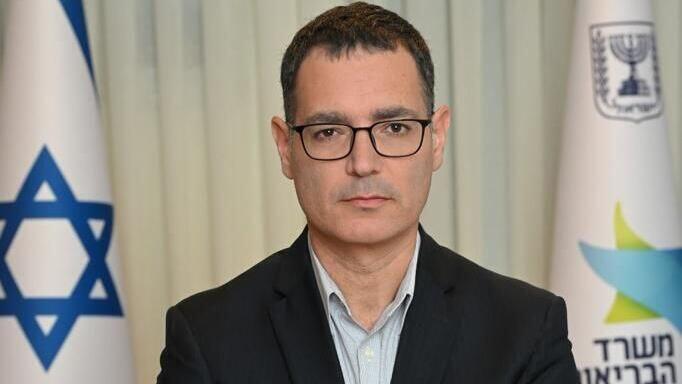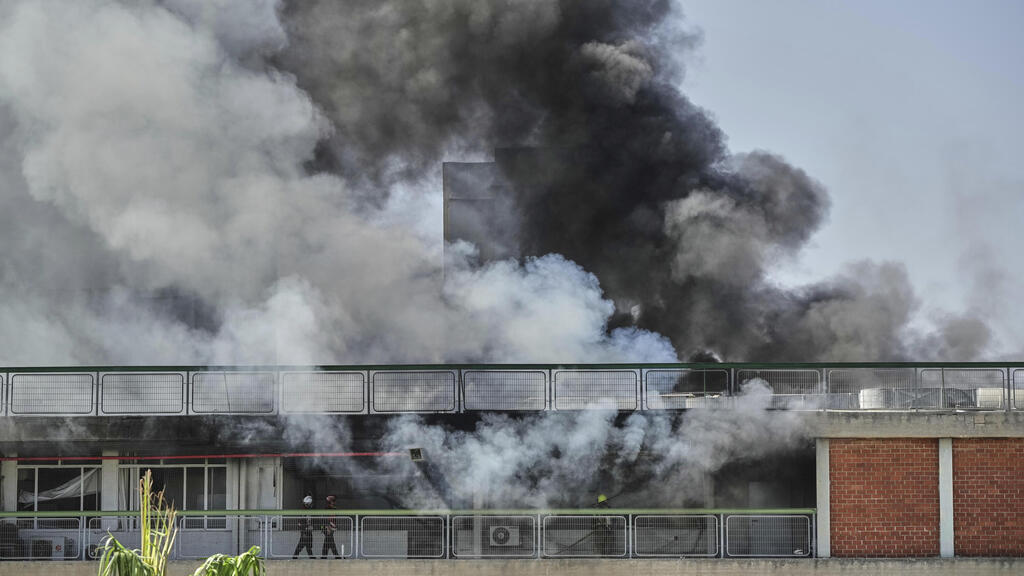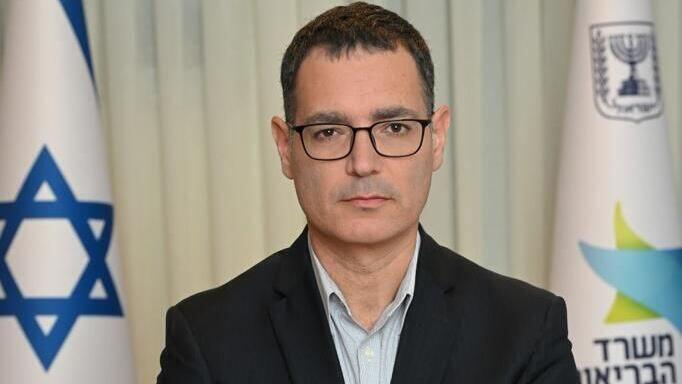Israel is facing a sharp increase in demand for mental health services, the Health Ministry revealed Wednesday, attributing the surge to the ongoing fallout from the October 7 war.According to new data for 2024, the number of Israelis receiving short-term mental health treatment—defined as three therapy sessions—jumped 471% compared with 2022, from 3,500 patients to 20,000. Overall, health maintenance organizations treated some 400,000 people for mental health issues last year, with the trend continuing into 2025.
2 View gallery


Health Ministry Director-General Moshe Bar Siman-Tov
(Photo: Shlomi Amsalem, GPO)
Health Ministry Director-General Moshe Bar Siman-Tov presented the figures at a conference hosted by the National Institute for Health Policy Research. He reported 50,000 calls to mental health emergency centers in 2024, and participation in community resilience programs surged to 171,000 from 40,000 in 2022, a 327% increase. Individual resilience programs also saw a 758% jump, with 41,000 participants compared to 4,780 in 2022.
“We continue to see rising demand for mental health services,” Bar Siman-Tov said. “Mental health is the most important priority on the national health agenda. We entered October 7 with insufficient capabilities in this field. While the system’s response was rapid, we are still far from meeting all needs. However, I can say we went beyond expectations and achieved the goals we set for ourselves.”
Bar Siman-Tov stressed that the issue remains under continuous oversight by all health agencies, HMOs, and general hospitals. “Funding for mental health is substantial. Wage agreements have been generous for both psychologists and psychiatrists. We meet two to three times a week on this topic, reviewing data from all HMOs, and will continue expanding services into 2026.”
He emphasized the main challenge now is increasing the number of services and recruiting additional mental health professionals, including psychologists and social workers. “We don’t yet know whether the peak demand has passed or is still ahead. Recovery comes through returning to normal routines, but I expect demand will continue to rise depending on future events,” he said.
Soroka Medical Center repairs
Bar Siman-Tov also addressed the urgent need to renovate the Soroka Medical Center, damaged by an Iranian missile, including the construction of a new protected inpatient tower. “The government is committed to funding this project alongside other partners. Finance Minister Smotrich has been fully on board. I expect funding will be finalized within weeks.”
2 View gallery


Soroka Medical Center shortly after it was hit by an Iranian missile
(Photo: AP/ Leo Correa)
He highlighted Soroka’s performance during the war, noting the mortality rate on October 7 was 0.9% or lower when including patients who arrived the following day. “The rapid mobilization and professional care by staff kept death rates lower than in any other major casualty event in Israel or elsewhere. The challenge is ongoing as the hospital received many urgent casualties, who then received excellent care and rehabilitation.”
The complexity of the Soroka project stems from the need not only to restore but to improve facilities. At the war’s outset, the hospital had only 23% protective coverage, among the lowest in the country. “The goal is to achieve 70% protection during emergencies, requiring a new building costing roughly NIS 1 billion ($280 million), funded by the government, Clalit Health Services’ development budgets, and philanthropy. All parties are committed to making this important project a reality,” Bar Siman-Tov said.

